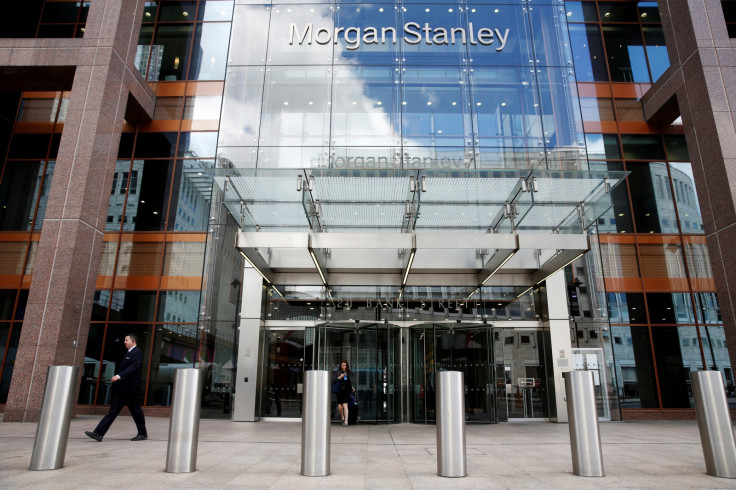Morgan Stanley picks Frankfurt as post-Brexit European hub
US investment bank had warned in March that it might have to move some of its workforce away from London.

Morgan Stanley has picked Frankfurt to be the hub of its European operation after Britain leaves the European Union (EU).
Some of the world's major banks have mulled the possibility of relocating their operations away from London since last June, when Britain voted in favour of leaving the 28-country bloc. On Wednesday (19 July), Press Association sources reported the US investment bank would move its European headquarters to Germany's finance hub.
Among Brexit's numerous implications, the UK will also leave the single market. That means lenders will not retain access to the European banking passport system, which allows banks and other financial institutions authorised to operate in an EU country, or a state member of the European Economic Area (EEA), to conduct business across the union.
According to the reports, Morgan Stanley, which currently has most of its European staff in the UK, where it employs around 6,000 people, could move as much as 1,000 employees to Frankfurt.
In January, a source close to the bank said Morgan Stanley could most likely move these jobs to Frankfurt as it already has a trading licence there.
"We don't like Frankfurt but that's the only place to go. Culturally, it's not a vibrant city," the source explained at the time, adding the bank could not shift the staff to locations such as Ireland and Spain as US regulators were expected to discourage American banks from moving to countries with a poor country credit rating.
In March, the lender's president Colm Kelleher said the bank would "certainly" have to move some workers before the end of the Brexit negotiations.
Frankfurt, Amsterdam, Luxembourg and Dublin have all emerged as possible destinations for London-based banks to relocate but analysts have warned it would be nigh on impossible to replicate London's environment abroad, in terms of workforce and infrastructure.
Frankfurt has a world-class transport network while its airport is a global aviation hub which serves a super-connector terminal for flights between the Americas and Asia. However, the German city is not geared up to cope with a mass influx of bankers looking to escape a Brexit-burdened London.
Dublin faces a similar dilemma. Language, time zone and common law are the same over the Liffey as they are in London, while Ireland's 12.5% corporate tax rate has also proved appealing to international firms.
However, while the advantages might be obvious, Dublin also shares some very familiar problems with London, such as a chronic housing shortage.
© Copyright IBTimes 2025. All rights reserved.






















